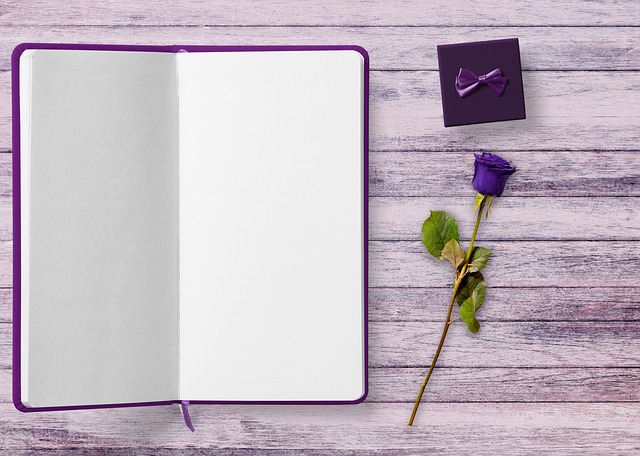Unlocking the Power of Reflection: Crafting a Reading Journal for a New You
As the New Year rolls around, many of us find ourselves seeking ways to improve our lives and embrace a new me.” Among the popular resolutions are those related to personal growth and self-discovery. One powerful yet often overlooked tool for this journey is written reflection. Imagine turning the pages of your favorite books into a transformative experience through writing a journal about readings.
Reading is a gateway to new perspectives, cultures, and ideas. However, diving deep into literature without reflection can sometimes leave us feeling overwhelmed or disconnected. This is where a well-crafted reading journal comes into play—a space where you can record insights, emotions, and even the lessons learned along the way. Not only does this enrich your reading experience, but it also serves to document your growth and transformation.
Why Start a Reading Journal?
Creating a reading journal can be one of the most rewarding New Year’s resolutions you make. It’s your own personal space to explore and articulate thoughts sparked by the books you read. By writing about your readings, you can reinforce knowledge and cultivate a deeper understanding of the material. Rather than merely consuming information, you become an active participant in your learning journey.
This practice aligns perfectly with a lifestyle of constant growth and self-improvement. As you page through your journal weeks or months later, it can evoke a sense of nostalgia and achievement. You might find entries where a particular book challenged your views or where a character’s journey mirrored your own. This reflection can shape who you are becoming—a vital component of developing the “new you” you envision.
How to Start Your Reading Journal
If you’re ready to embark on this exciting journey, here are a few tips to get you started with writing a journal about readings:
- Choose Your Format: Whether you opt for a traditional notebook, a digital document, or even an online blogging platform, ensure it resonates with you. Your reading journal should feel personal.
- Set Clear Goals: Decide what you want to achieve with your journal. Are you focusing on summarizing books, analyzing themes, tracking your reading habits, or reflecting on characters? Clear goals can provide direction.
- Be Consistent: Like any resolution, consistency matters. Set aside specific times each week or month to write in your journal. It could be right after finishing a book or during moments of quiet reflection.
- Include Prompts: If you’re unsure where to start, consider prompts to guide your writing. Questions like “What did I learn from this book?” or “How did this character’s journey resonate with me?” can spark insightful reflections.
- Reflect on Change: As you continue to write, take time to look back at previous entries. Note any recurring themes or insights that have impacted your personal growth. This is a vital part of the journey.
Writing a journal about readings encourages you not just to read but to engage deeply with the material. This connection can be transformative, allowing literature to unfold in ways you might never have imagined. With each entry, you create a roadmap of your intellectual and emotional evolution, marking the milestones of your quest for a “new you.”
As you embrace the power of reflection through your reading journal, remember that this is a journey unique to you. May your new habit of writing inspire both your love for books and the person you are becoming in the process.



